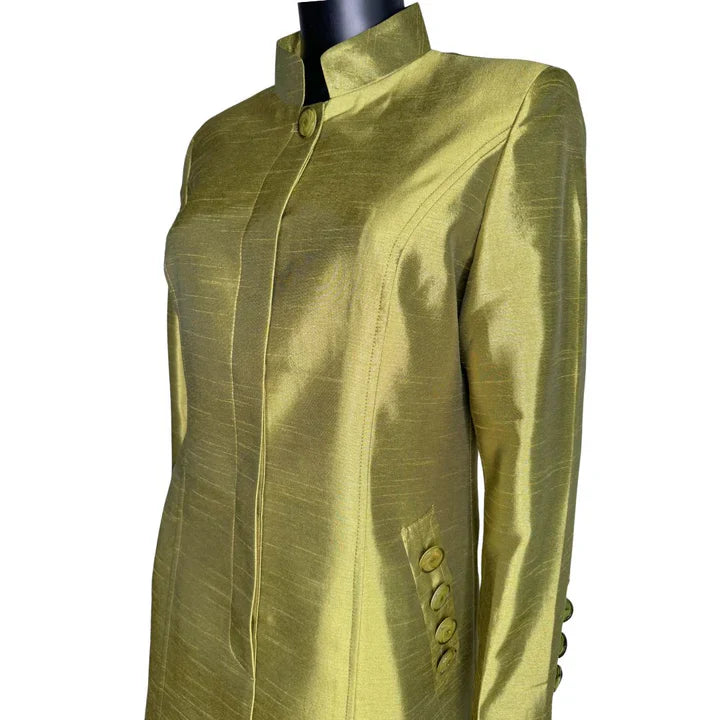The fashion industry has witnessed a significant transformation in recent years, with a growing emphasis on customization and personalization. "Create your own" clothing is at the forefront of this revolution, offering consumers the ability to design apparel that reflects their unique tastes and preferences. This trend not only caters to individual expression but also aligns with broader shifts towards sustainability and ethical consumption.
The Rise of Personalization in Fashion
Personalization has become a major trend in various industries, and fashion is no exception. According to a report by Deloitte, over 50% of consumers expressed interest in purchasing personalized products, and 36% of them are willing to wait longer for customized items. This indicates a significant demand for unique and tailored clothing options.
The "create your own" clothing market allows customers to choose fabrics, colors, styles, and even add personalized messages or logos. This level of customization enhances customer satisfaction, as people can wear garments that genuinely represent their identity and style.
The Role of Technology
Advancements in technology have been pivotal in making "create your own" clothing accessible to a broader audience. Online platforms and mobile apps enable consumers to design their apparel easily. Companies like Nike and Adidas have embraced this trend, offering custom shoe designs that cater to individual tastes. The technology behind these platforms often includes 3D visualization tools, allowing customers to see a digital representation of their creations before making a purchase.
Sustainability and Ethical Considerations
One of the most compelling aspects of "create your own" clothing is its alignment with sustainable and ethical fashion. By producing garments on-demand, this model reduces waste associated with overproduction and excess inventory. It also encourages consumers to invest in quality items they genuinely love and will wear, countering the fast fashion culture of disposable clothing.
Moreover, many companies in this space are committed to ethical manufacturing practices. They often provide transparency about their supply chains, ensuring that materials are sourced responsibly and workers are treated fairly. This ethical dimension appeals to the growing number of consumers who prioritize sustainability in their purchasing decisions.
Market Insights and Growth Potential
The "create your own" clothing market is experiencing robust growth. According to a report by Market Research Future, the global custom t-shirt printing market alone is expected to grow at a compound annual growth rate (CAGR) of 6.5% from 2020 to 2027. This growth is driven by increasing consumer demand for personalized products and the expanding e-commerce sector.
In addition to custom t-shirts, the market for personalized accessories and other apparel items is also expanding. This trend presents significant opportunities for both established brands and new entrants to differentiate themselves by offering unique, customizable options.
Challenges and Considerations
While the "create your own" clothing market offers numerous benefits, it also presents challenges. The logistics of producing custom garments can be complex, requiring efficient supply chain management and technological infrastructure. Additionally, companies must balance the desire for personalization with the need to maintain quality and consistency.
Consumer education is another important factor. As personalized clothing options proliferate, companies must clearly communicate the value of customization and guide customers through the design process. This can involve providing inspiration, design tips, and easy-to-use tools to enhance the user experience.
Conclusion
The "create your own" clothing trend is more than a passing fad; it reflects a fundamental shift in consumer behavior towards personalization, sustainability, and ethical consumption. As technology continues to evolve and consumer preferences for unique, customized products grow, this market segment is poised for continued expansion. Brands that embrace and innovate within this space have the opportunity to build strong, loyal customer bases by offering products that are not only stylish and unique but also align with the values of today's discerning consumers.

